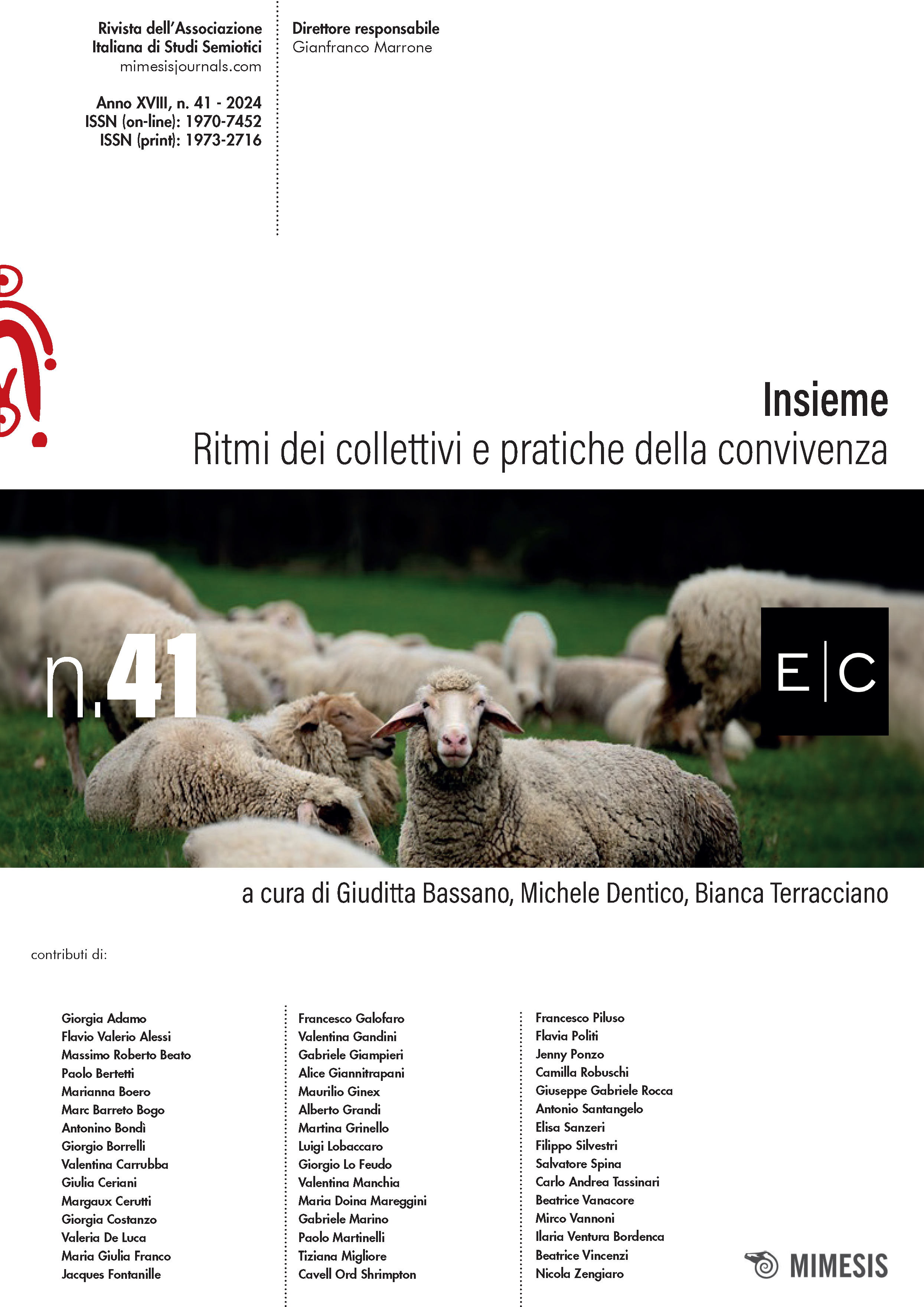Language and Sexism. “Neutral” Communication and Sexism in the Workplace
Abstract
Gender studies has produced various analyses around issues such as social “roles,” coexistence and power relations; seeing language as a central aspect, especially since the development of performativity theory produced by philosopher Judith Butler. In this paper, so, I would like to focus on the existing relationship between language and gender relations, particularly in the workplace; pointing out how some possibilities and structures are dense with unequal and sexist modalities. The analysis will consist of a first theoretical section, in which the specific relationship between the gendered “male” subject and language will be emphasized, and a second in which these considerations will be portrayed in the corporate context. The purpose is to show how specific aspects of masculinity have generated specific power relations, delineating, and defining stereotypes and categorizing views. Attributes that have then flowed into the different social dynamics of our society, establishing different job roles and possibilities. To give more profundity, I adopted a methodology that fuses the logical-linguistic theoretical perspective, to the analysis of empirical data collected through interviews, questionnaires, and training meetings at two partner companies.



